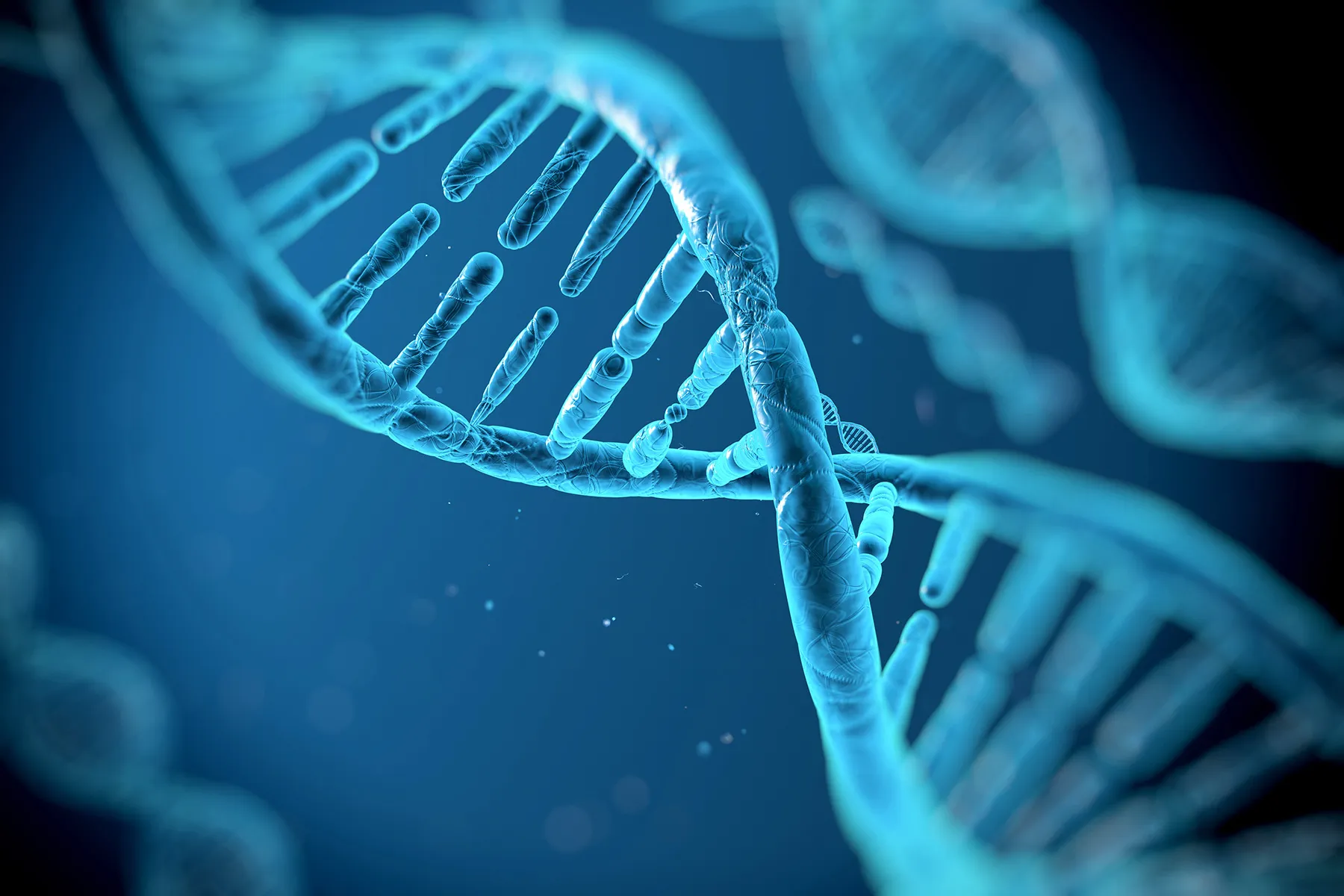HealthDay Reporter
TUESDAY, June 7, 2022 (HealthDay Information) — A blood check may avoid wasting colon cancer sufferers from getting pointless chemotherapy following surgical procedure, whereas ensuring that those that would profit from the therapy get it, researchers report.
The circulating tumor DNA (ctDNA) check seems for minute quantities of genetic materials which are launched by cancerous tumors, defined co-researcher Dr. Anne Marie Lennon, director of gastroenterology and hepatology on the Johns Hopkins College College of Medication, in Baltimore.
The presence of most cancers DNA within the blood is an indication that somebody possible wants follow-up chemotherapy, Lennon stated.
The check almost halved the variety of individuals with stage 2 colon cancer who bought follow-up chemotherapy after surgical procedure – 15% versus 28% for a management group that acquired commonplace most cancers care, the researchers discovered.
On the identical time, each teams had primarily the identical probability of two-year recurrence-free survival, 93% for the blood check group and 92% for the group that bought common care.
“Its backside line was no distinction. That is the primary research of its form to make use of ctDNA to information affected person remedy,” Lennon stated. “That is the primary research that has proven you should use circulating tumor DNA to actually personalize most cancers care.”
About 151,000 new colon cancer cases are anticipated to be recognized in the US in 2022, in line with the American Society of Scientific Oncology. An estimated 52,580 deaths will comply with.
For this clinical trial, researchers recruited 455 sufferers with operable stage 2 colon most cancers in Australia and New Zealand. At stage 2, colon most cancers has gone via the liner of the bowel however hasn’t unfold into the lymph nodes, Lennon stated.
It is identified that about 80% of stage 2 colon most cancers sufferers can be cured solely by surgical removing of their tumor, whereas 20% could have the most cancers come again except they get follow-up chemo, Lennon stated.
Within the research, two-thirds of sufferers have been randomly assigned to get the ctDNA blood check about 4 weeks after present process surgical procedure. The remaining had their want for follow-up chemo assessed within the present method, by making a judgment name after wanting over the eliminated most cancers and assessing the way it had unfold within the colon.
Sufferers with a optimistic ctDNA consequence who underwent post-surgery chemotherapy wound up with a three-year recurrence-free survival price of 86%, in line with the investigators.
The researchers offered this research on Saturday on the annual assembly of the American Society of Scientific Oncology (ASCO), held in Chicago. The outcomes of the medical trial have been additionally printed within theNew England Journal of Medicine.
This research possible will change the way in which that stage 2 colon most cancers is handled, stated ASCO Chief Medical Officer Dr. Julie Gralow.
“If I have been a affected person, I’d wish to know what my ctDNA confirmed, for certain,” Gralow stated. “And I do suppose that is actually fairly strong information, so I believe that it has a excessive chance of impacting commonplace of care within the U.S.”
The check would spare many individuals from the debilitating results of chemo, together with nausea, vomiting, fatigue and potential nerve damage, Lennon famous.
On the identical time, it will improve the possibility that high-risk individuals get chemo even when medical doctors could be in any other case hesitant to have them bear it.
“Typically there is a hesitancy to offer older individuals chemotherapy,” Lennon stated. “We’re going to have the ability to say, look, should you’re ctDNA optimistic, we all know your danger of recurrence could be very excessive. Even in case you are older, you must take the chemotherapy.”
Gralow and Lennon added that this can be a course of that might be put into place instantly for colon most cancers sufferers wherever in the US.
Whereas solely main most cancers facilities may carry out such a blood check in-house, there are specialised labs to which the blood might be despatched for a similar evaluation, the researchers added.
“They do excessive quantity and do it extraordinarily nicely, and the price of it has come down dramatically,” Lennon stated. “It is one thing that everyone ought to be capable of have entry to.”
The subsequent steps can be to take the ctDNA check and see if it may be utilized to later levels of colon most cancers, in addition to different sorts of most cancers, to assist choose who may profit from chemotherapy, Lennon stated.
Extra data
The U.S. Nationwide Most cancers Institute has extra about colon most cancers.
SOURCES: Anne Marie Lennon, MD, PhD, director, gastroenterology and hepatology, Johns Hopkins College College of Medication, Baltimore; Julie Gralow, MD, chief medical officer, American Society of Scientific Oncology; New England Journal of Medication, June 4, 2022






